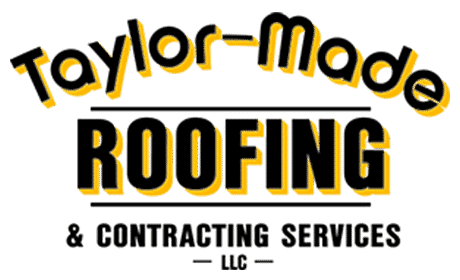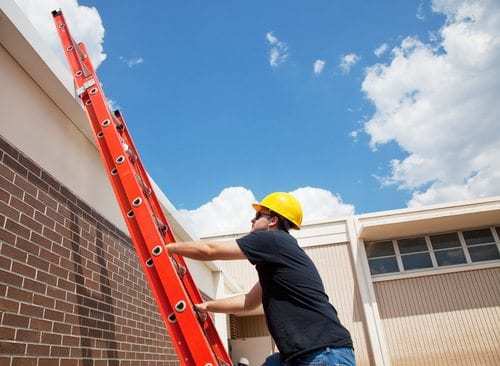Polyvinyl chloride, also known as PVC, is the third-most widely produced synthetic plastic polymer. In its rigid form, PVC plays several important roles in the construction industry. For example, you can find it in pipes, doors, windows, and even roofs. Roofers appreciate the material’s strength, ease of installation, and resistance to wind and fire. If you will soon be investing in a new commercial roof, explore the pros and cons of PVC roofing systems.
PVC Roofing Systems
PVC roofing systems utilize a single-ply structure. The PVC membrane is adhered to the substrate using a special adhesive, and the installer uses hot-air welding to seal the seams and flashing. Despite the simple installation process, we still recommend that you hire professionals for the job to prevent amateur mistakes. For example, leaks, poor insulation, and condensation beneath the membrane can all have costly and stressful ramifications.
Pros of PVC Roofing Systems
- Strength: PVC roofs are extremely strong and durable, largely due to their permanent and watertight seams.
- Temperature Control: Due to their (typically) white color, PVC roofs reflect solar rays on hot days. This is a direct contrast to black EPDM roofs.
- Fire Resistance: With their excellent fire-resistance ratings, you can count on PVC roofs to withstand flames and protect your building.
- Chemical Resistance: PVC offers superior chemical resistance, so it won’t absorb oils and greases. This is especially important in restaurants and other buildings with grease traps, because oils and greases can weaken roofs.
- Wind Resistance: Due to their supreme strength, PVC roofing systems are extremely resistant to wind. They work well on windy, high-rise buildings.
- Long Lifespan: When properly installed on a roof with little or no slope, PVC offers a long lifespan. In fact, it can last up to 30 years or more.
- Versatility: PVC membranes come in a variety of different thickness and colors for your convenience.
- Environmental Benefits: PVC can lower your energy usage (and your heating and cooling bills) by reflecting solar rays. This is especially important in urban areas affected by the heat island effect. In addition, PVC can be fully recycled after use.
Cons of PVC Roofing Systems
- Plasticizer Effects: PVC membranes contain plasticizers to prevent brittleness and cracking. However, these products also limit the materials on which PVC membranes can lay atop. For example, they aren’t recommended on top of asphalt-based systems or certain types of insulation (like polystyrene).
- Vulnerability in Cold Temperatures: In cold weather, PVC is more likely to crack, leak, shatter, and puncture. In chilly temperatures (below 50 degrees Fahrenheit), you should avoid walking on the PVC membrane.
- Shrinking Over Time: Over time, PVC loses its plasticizers, causing the membrane to shrink and harden. It may pull up at the seams, lift at the corners, and cause cracks.
- Environmental Concerns: PVC releases bio-accumulative toxins during its manufacture and disposal. The chemical release of dioxin, a highly toxic environmental persistent organic pollutant (POP), can be concerning.
Like all commercial roofing products, PVC has its pros and cons. Explore your options and work with a knowledgeable contractor to decide which system best fits your needs.
Finally, if you need to install or repair a commercial roof and you live in southern Missouri, contact Taylor-Made Roofing for help. With over 20 years of experience in residential and commercial roofing, Taylor-Made Roofing is a company that you can trust with all of your roofing needs. Our family-owned business offers quality services, a reassuring warranty, and free estimates. For more information, please give us a call at 417-326-8778 or contact us online. We look forward to hearing from you!

